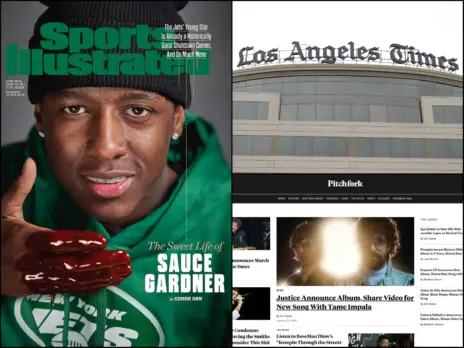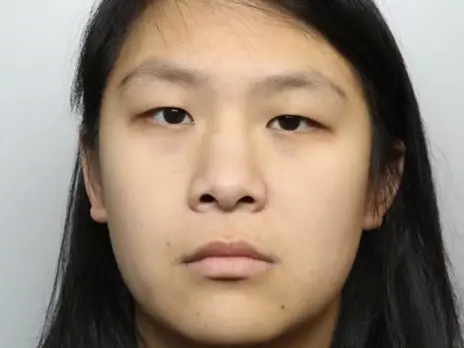
Spying legislation which has allowed the police to secretly view journalists’ call records is set to be replaced in a wholesale reform of surveillance.
The move was announced by the Government as David Anderson QC delivered his 382-page Investigatory Powers Review to the Government.
Anderson, who is the Independent Reviewer of Terrorism Legislation, accepted the importance of protecting journalists sources in his review.
And he said that under a new proposed regulatory framework, law enforcement officials should need approval from a judge if they wish to access journalists’ call records.
However, he does not state whether journalists will have the right to argue against the disclosure of phone records. This is a key issue for media organisations who are concerned that police phone records grabs identifying sources are made in secret to telecoms providers.
Home Secretary Theresa May said today that a draft bill reforming state powers’ to monitor online and other communications will be brought forward after Parliament’s summer recess.
The new law will replaced interim measures passed by Parliament in March.
Anderson said that Regulation of Investigatory Powers Act, used by police to view journalists’ call records, "has been patched up so many times as to make it incomprehensible to all but a tiny band of initiates".
He said in his report: “A multitude of alternative powers, some of them without statutory safeguards, confuse the picture further. This state of affairs is undemocratic, unnecessary and in the long run intolerable.
“The opportunity now exists to take a system characterised by confusion, suspicion and incessant legal challenge, and transform it into a world-class framework for the regulation of strong and vital powers. I hope that opportunity will be taken.”
Anderson said that “communications between journalists and their sources are entitled to be treated in confidence”.
And he noted that the European Court of Human Rights has ruled that “an interference with the confidentiality of journalistic sources can only be justified by an overriding requirement in the public interest”.
Anderson said that communications data is used in the investigation of 90 per cent of all serious crime.
He said that when communications data sought by the police, or another public authority, relates to “a person who is known to be a member of a profession that handles privileged or confidential information (including medical doctors, lawyers, journalists, Members of Parliament or ministers of religion)” the request should be given “special consideration”.
Communications data requests attempting to identify a witness contacted by a lawyer, or a journalist's confidential source, should be referred to a judge for approval.
Anderson proposes that the judge would be an independent judicial commissioner working for a new regulator called the Independent Surveillance and Intelligence Commission.
In February a report by the Interception of Communications Commissioner found that police forces secretly viewed the phone records of 82 journalists in order to identify their sources over a three-year period.
Read the Anderson report in full.
Email pged@pressgazette.co.uk to point out mistakes, provide story tips or send in a letter for publication on our "Letters Page" blog







